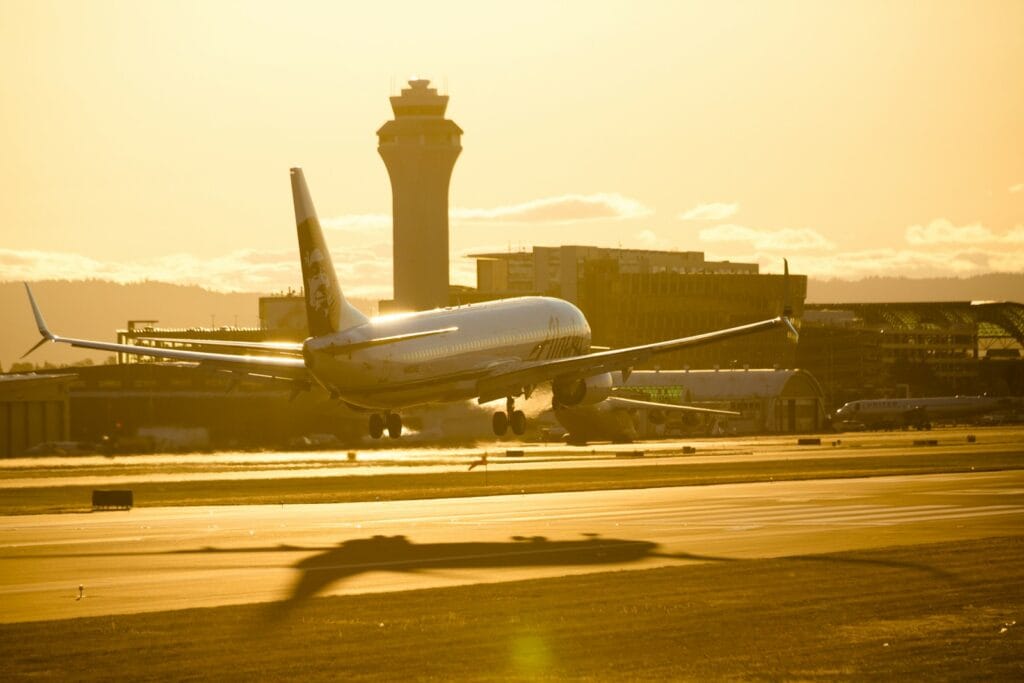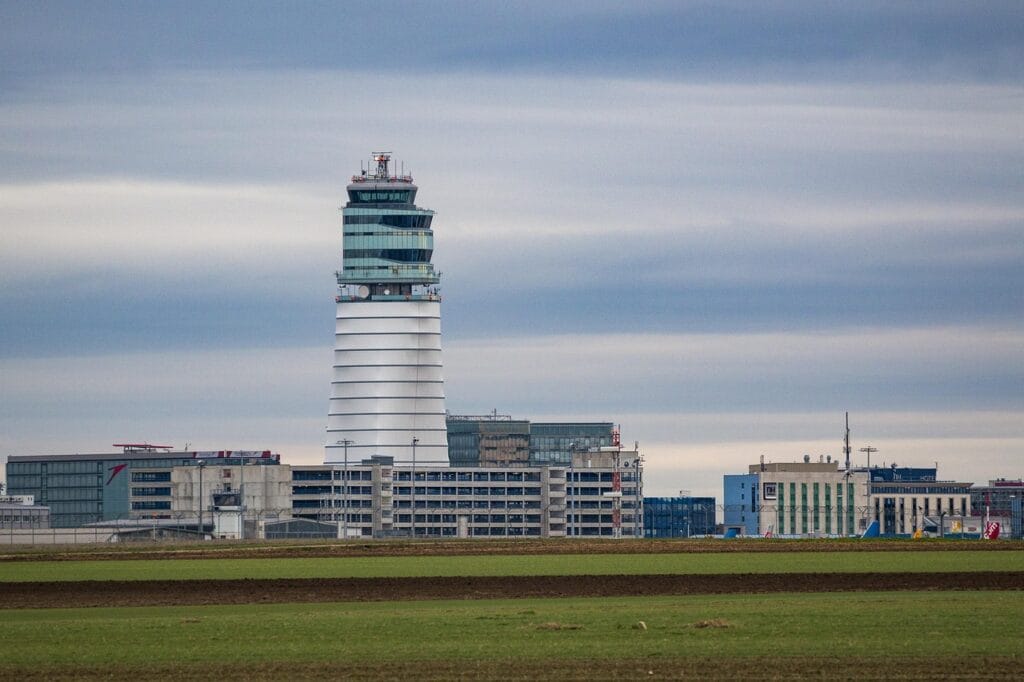7 Powerful Bible Stories About Faith That Will Transform Your Walk With God
Faith is not a concept we discuss in Sunday school and forget about Monday morning. Faith is the heartbeat of our relationship with God, the oxygen we breathe when life gets suffocating, the anchor that holds us steady when storms rage around us. These seven Bible stories about faith aren’t just historical accounts – they are living testimonies that speak directly into our struggles today. 1. Abraham – Faith That Steps Into the Unknown Hebrews 11:8 (ESV) “By faith Abraham obeyed when he was called to go out to a place that he was to receive as an inheritance. And he went out, not knowing where he was going.” God tells Abraham to pack up everything and leave. No address, no map, no timeline. Just “Go, and I will show you.” Abraham [Father of many nations] could have demanded details, could have negotiated terms, could have waited for a clearer picture. Instead, he packed his bags. This is what faith looks like when it’s raw and real. Abraham trusted the voice of God more than his own understanding. He walked away from security because he knew the One calling him was trustworthy. Brothers and sisters, sometimes God calls us to move without giving us the full itinerary! Faith Truth: Real faith doesn’t wait for all the answers. It responds to God’s voice with immediate obedience. 2. Moses – Faith That Makes the Impossible Possible Hebrews 11:29 (ESV) “By faith the people crossed the Red Sea as on dry land, but the Egyptians, when they attempted to do the same, were drowned.” The Israelites were trapped. Behind them, Pharaoh’s army charging with murderous intent. In front of them, the Red Sea stretching endlessly. Panic everywhere. But Moses lifted his staff, and God split the waters like a curtain! Can you imagine walking between those walls of water? Every step required faith. The ground was dry, but the threat was real. One moment of doubt, one hesitation, and they could have been crushed. But they kept walking because Moses believed God’s promise of deliverance. Faith Truth: Faith doesn’t just pray about impossibilities – it walks through them. God makes a way where there seems to be no way! 3. Noah – Faith That Builds Before the Storm Hebrews 11:7 (ESV) “By faith Noah, being warned by God concerning events as yet unseen, in reverent fear constructed an ark…” Noah [Rest/Comfort] spent years building a massive boat while his neighbors mocked him. “Where’s the flood, Noah?” they probably asked. “You’ve lost your mind!” But Noah kept hammering, kept building, kept trusting. There was no weather forecast predicting rain. No meteorologist confirming the coming storm. Just God’s word and Noah’s obedience. Day after day, board by board, he prepared for what God had promised. When the rain finally came, his neighbors understood too late. Faith Truth: Faith prepares in seasons of peace for storms that haven’t arrived yet. Obedience often comes before understanding. 4. The Woman With the Issue of Blood – Faith That Reaches for Healing Matthew 9:21–22 (NIV) “She said to herself, ‘If I only touch his cloak, I will be healed.’ Jesus turned and saw her. ‘Take heart, daughter,’ he said, ‘your faith has healed you.'” Twelve years of suffering. Twelve years of doctors who couldn’t help. Twelve years of being labeled “unclean” and pushed to the margins of society. But this precious woman heard about Jesus and something stirred in her heart. Hope. Faith. Desperation mixed with divine expectation. She didn’t need a front-row seat or a personal audience. She just needed to touch the hem of His garment. In that crowd, pressed on every side, she reached out in faith and touched the Healer. Immediately, power flowed, and her body was made whole! Faith Truth: Faith doesn’t wait for permission or perfect circumstances. Sometimes it quietly reaches for Jesus in the middle of chaos. 5. Shadrach, Meshach and Abednego – Faith That Won’t Compromise Daniel 3:18 (NIV) “But even if he does not, we want you to know, Your Majesty, that we will not serve your gods…” King Nebuchadnezzar gave them an ultimatum: bow to his golden statue or burn in the fiery furnace. These three Hebrew boys – Shadrach [Command of Aku], Meshach [Who is what Aku is], and Abednego [Servant of Nego] – didn’t flinch. They didn’t negotiate. They didn’t compromise. Their faith wasn’t based on what God would do for them. It was anchored in who God is. “Our God can deliver us,” they declared, “but even if He doesn’t, we still won’t bow!” That’s the kind of faith that makes hell nervous and heaven proud! Faith Truth: Faith stands firm even when the outcome is uncertain. It’s not about the result – it’s about remaining faithful to the One who is faithful. 6. Peter Walking on Water – Faith That Dares to Try Matthew 14:29 (NIV) “Then Peter got down out of the boat, walked on the water and came toward Jesus.” The storm was fierce, the waves were high, but Jesus was walking on water like it was solid ground. Peter [Rock/Stone] saw Jesus and said, “Lord, if that’s you, let me come to you on the water.” And Jesus said one word: “Come.” Peter stepped out of that boat and walked on water! Yes, he eventually sank when fear crept in, but for those precious moments, he did the impossible. While the other disciples stayed in the boat, Peter dared to try. And when he started sinking, Jesus immediately reached out and caught him. Faith Truth: Faith tries even when it’s scared. And when faith falters, Jesus is always there to catch us. 7. The Centurion – Faith That Recognizes True Authority Matthew 8:8 (NIV) “Lord, I do not deserve to have you come under my roof. But just say the word, and my servant will be healed.” This Roman centurion had power, influence, and authority in the natural realm. But when he encountered Jesus, he recognized a higher authority. He didn’t
7 Powerful Bible Stories About Faith That Will Transform Your Walk With God Read More »










